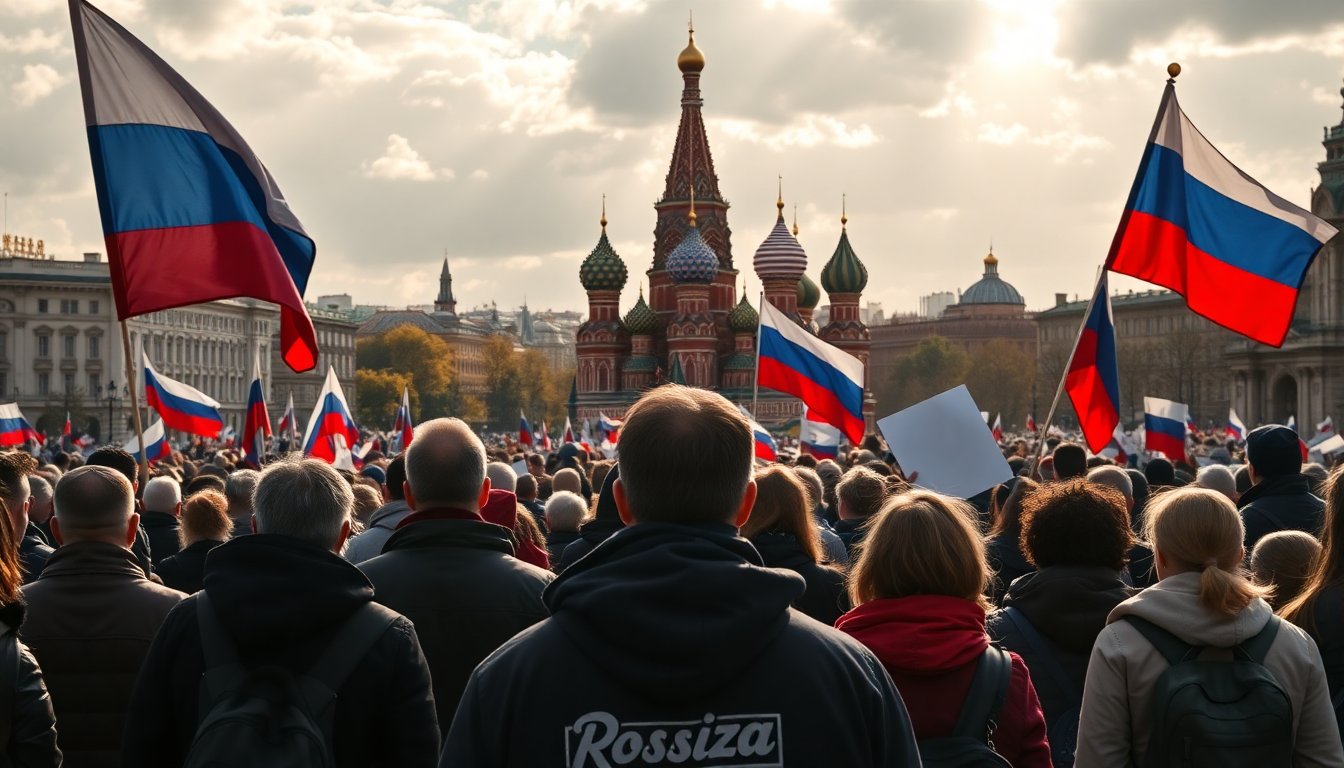Table of Contents
Understanding Alexander Dugin’s influence
Alexander Dugin has been a significant figure in promoting an ultranationalist ideology known as the “Russian world” for over three decades. Often referred to in Western media as “Putin’s brain,” Dugin’s actual influence within the Kremlin is complex and multifaceted. His recent collaborations and appearances on major platforms, including CNN and with prominent figures such as Tucker Carlson, indicate a rising international profile, particularly amid growing far-right sentiments globally.
Recent activities and conferences
This summer, Dugin co-hosted a notable conference in Moscow, featuring key speakers such as Russian Foreign Minister Sergey Lavrov and controversial American personalities like Alex Jones. To better understand Dugin’s current standing and philosophical foundations, insights from historian Mark J. Sedgwick offer valuable context.
The roots of Dugin’s ideology
To grasp the essence of Alexander Dugin’s thoughts, one must explore his philosophical roots. According to Sedgwick, Dugin is categorized as a traditionalist, a designation that might come as a surprise to some. While his ideas have evolved over time, Dugin appears to be firmly rooted in the foundational concepts introduced by 20th-century philosopher René Guénon, especially concerning the notion of traditionalism.
Core principles of traditionalism
At the core of Guénon’s traditionalist philosophy is the concept of a primordial tradition. He describes it as a spiritual revelation that dates back to humanity’s earliest epochs. This view of traditionalism stresses the need to reconstruct ancient truths rather than merely cling to outdated customs.
Traditionalism also differentiates between spiritual practices, dividing them into esoteric and exoteric components. The esoteric aspect exists across all belief systems, tracing back to civilization’s origins. In contrast, the exoteric relates to the unique rituals and doctrines of specific faiths. This framework critiques modernity for moving away from these foundational principles, favoring trivial pursuits like technological advancement and the flawed idea of human equality, which traditionalists argue is fundamentally misguided.
Dugin’s adaptation of traditionalism
Alexander Dugin’s interpretation of traditionalism highlights the role of Russian Orthodoxy as a guardian of the primordial tradition. Unlike René Guénon, who viewed the East as an expansive concept, Dugin narrows his focus to Russian civilization. He argues that Russian Orthodoxy embodies ancient truths that are essential to understanding this tradition. This viewpoint aligns with Western perceptions of Russia, often framed through a romantic and exotic lens.
Dugin’s critique of modernity echoes the sentiments of other far-right thinkers. He posits that the ideological conflict between East and West stems from a profound cultural and spiritual struggle. In his view, modernity is a construct of the West that stands in opposition to Eastern traditions.
Dugin’s role in contemporary politics
Analyzing Alexander Dugin’s influence in Russian politics reveals a range of perspectives. Some consider him a crucial advisor to Vladimir Putin, while others, including Russian academics, argue he has minimal impact. The truth likely resides in a middle ground. Initially, Dugin’s ideas were outside the political mainstream, but as Russian political discourse evolved, many of his concepts gained traction.
During the early years of Putin’s presidency, it appeared unlikely that Dugin wielded any direct influence over the Kremlin. However, as his profile rose, so did his connections within the Russian power hierarchy. It is evident that while Putin may not fully embrace Dugin’s worldview, there is a significant overlap in their perspectives today.
Western perceptions versus Russian realities
A notable gap exists between the Western portrayal of Alexander Dugin and his actual standing in Russia. Western narratives often oversimplify Russian politics, attributing excessive influence to Dugin. In contrast, Russian commentators frequently challenge these assertions, highlighting that Dugin represents merely one perspective in a varied political landscape.
This discrepancy arises from the West’s inclination to construct a narrative that minimizes its own responsibility, often ignoring that geopolitical tensions typically result from mutual actions and reactions. On the other hand, Russian analyses sometimes incorporate Dugin’s criticisms to better articulate their views on Western policies and attitudes.
Critique of modernity and shared ideologies
Throughout his career, Alexander Dugin has critiqued the perceived failures of Western modernity, arguing for a return to traditional values. This perspective aligns him with various radical right-wing figures in the United States, who consider themselves defenders of their cultural heritage against modern liberalism. This shared disdain for contemporary societal trends creates a paradox where disparate political ideologies find common ground.
Dugin’s worldview intersects with that of influential figures like Steve Bannon, highlighting a shared intellectual heritage rooted in traditionalism. Both groups express a desire to reclaim cultural identity in a global landscape that they view as increasingly homogenized and driven by modernity.
Aleksandr Dugin is a significant and evolving figure in both Russian politics and the global far-right landscape. His mix of traditionalist philosophy and nationalist passion appeals to those searching for alternatives to contemporary ideologies. As political dynamics shift, Dugin’s influence may continue to grow.


